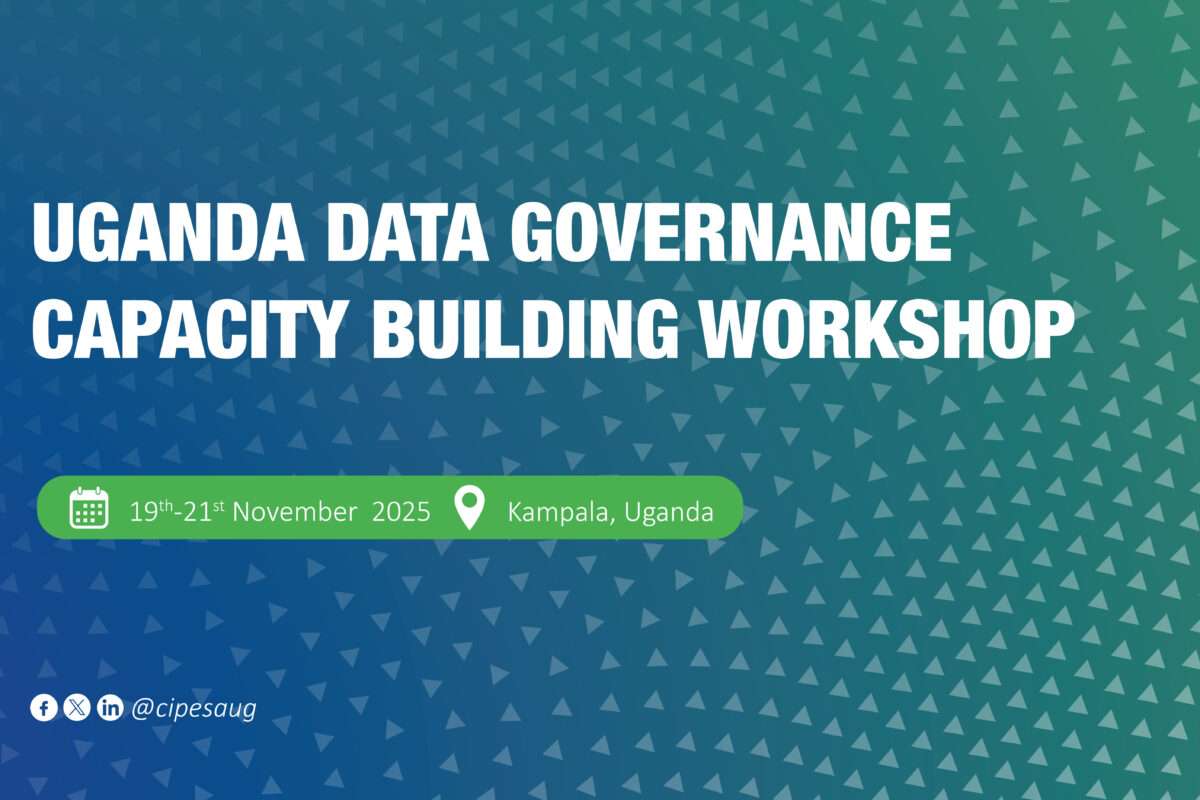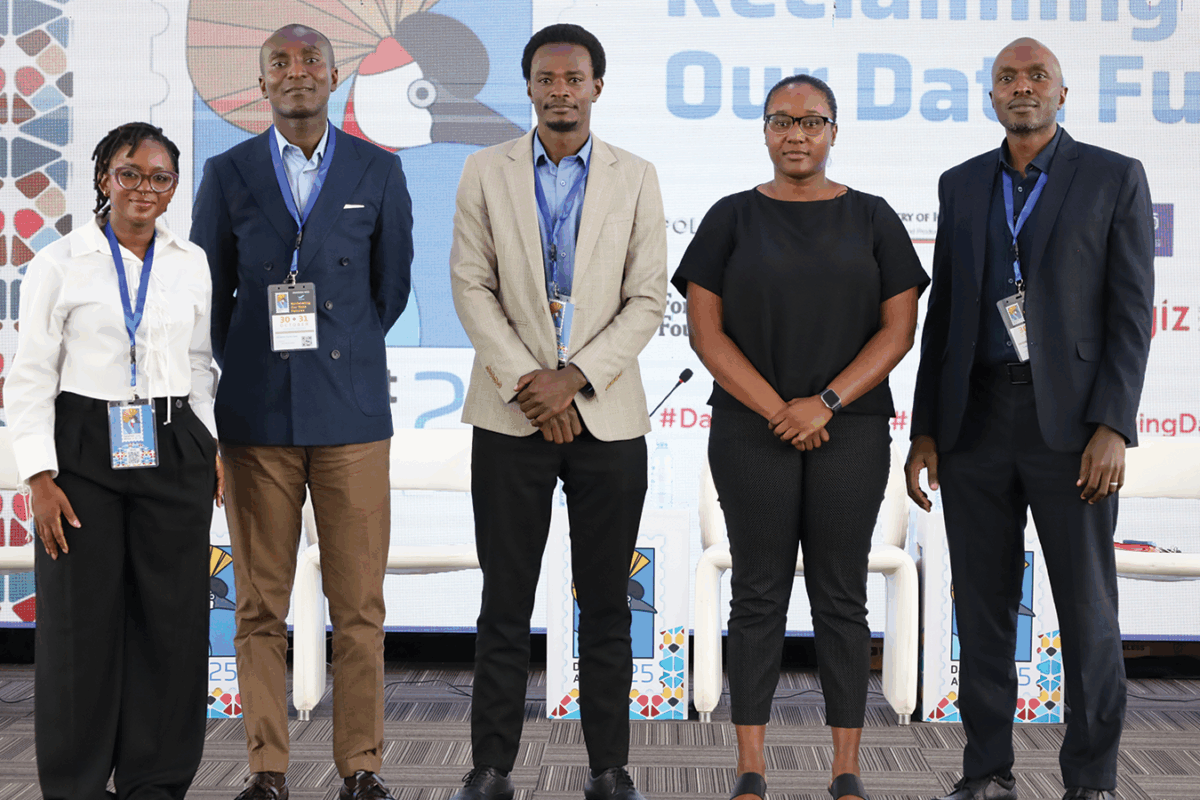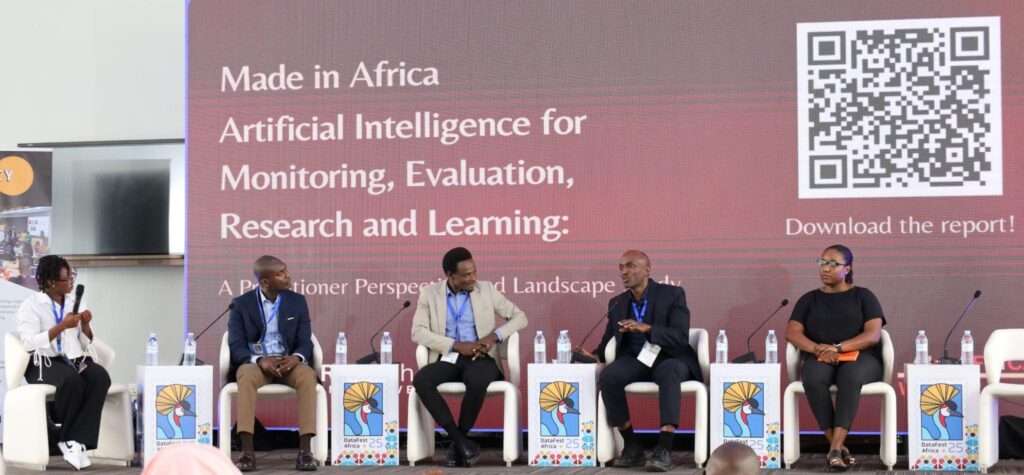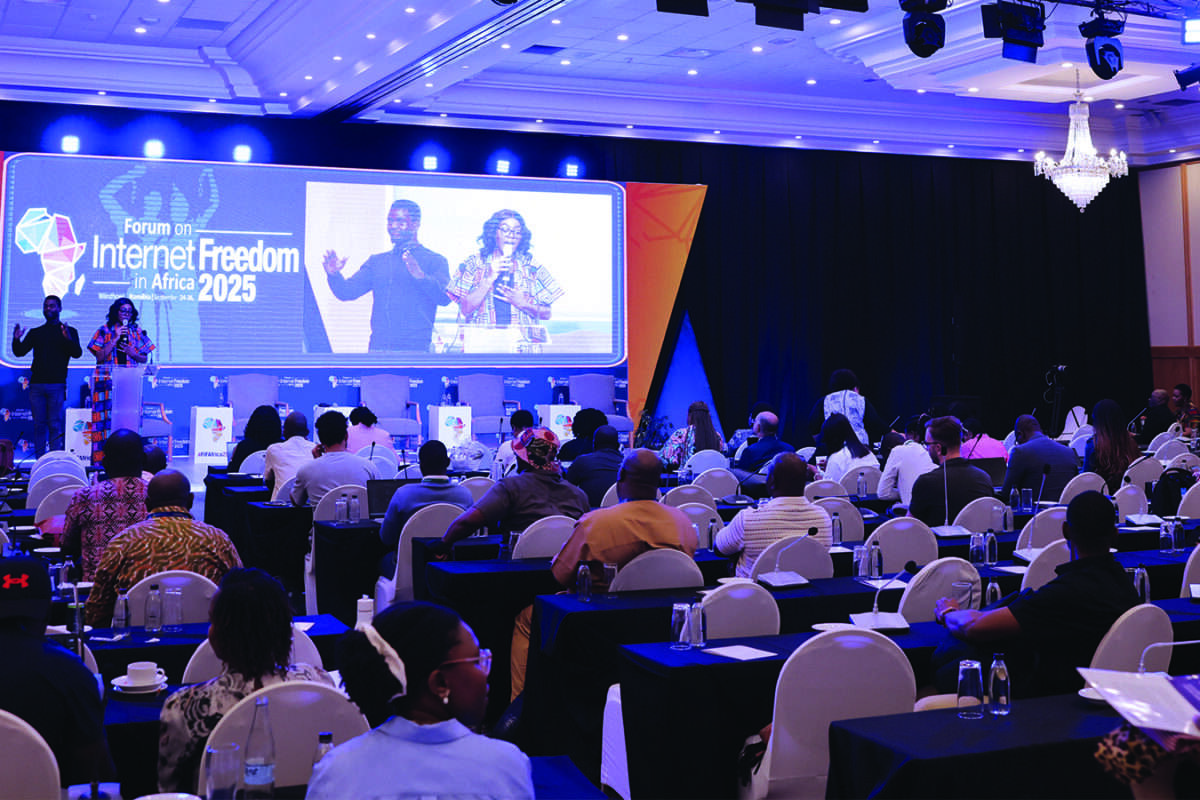By Jimmy Kainja |
In September 2025, the Collaboration on International ICT Policy for East and Southern Africa (CIPESA) hosted the 12th edition of the Forum on Internet Freedom in Africa (FIFAfrica) in Windhoek, Namibia. I have attended six of these Forums over the years, with my first being in 2017, when the event was held in Johannesburg, South Africa. I have also contributed to several editions of FIFAfrica’s flagship report, the State of Internet Freedom in Africa and thus through these activities, have been witness to CIPESA’s role in contributing to and shaping the continent’s digital policy conversations.
Each year, FIFAfrica provides a platform for governments, civil society, private sector actors, and researchers to reflect on emerging challenges and opportunities around digital rights and internet governance in Africa. Over time, the Forum has engaged with various themes which have mirrored global technological and policy shifts including internet shutdowns, data privacy and surveillance concerns, digital inclusion, disinformation and more recently, Artificial Intelligence (AI) and Digital Public Infrastructure (DPI). This adaptability demonstrates how FIFAfrica continues to engage with the evolving digital ecosystem and the continent’s responses to emerging digital and internet governance shifts. Yet, beneath this progress lies a paradox: Africa keeps moving on with the latest trends in internet freedom and internet governance concerns, but the foundational problems remain unresolved.
When FIFAfrica began over a decade ago, Africa’s internet freedom challenges were clear and urgent: limited access, prohibitive data costs, state surveillance, weak legal protections, and rampant censorship. Governments often justified internet restrictions in the name of “national security” or “public order”. The term “fake news” soon emerged as another pretext for silencing critics and regulating online speech. Fast forward to 2025, and while the vocabulary of digital repression has evolved, the logic remains the same. Several African states continue to shut down internet access, particularly during times of public protest and elections, with Ethiopia, Sudan, Senegal, Uganda, and most recently Tanzania being prominent examples. Across the continent, privacy and data protection laws exist on paper but are inconsistently enforced or manipulated to align with political interests.
In essence, Africa has not yet achieved the baseline of internet freedom that would allow citizens to safely express themselves, access information, and participate fully in digital spaces. Instead, the continent’s policy agenda has become increasingly aspirational, focused on AI ethics, big data, and digital transformation, while the fundamental guarantees of access, security, and expression remain precarious.
Moving on Without Fixing the Old
The evolution of FIFAfrica’s agenda, from internet shutdowns to AI governance and digital identity, is both natural and necessary and might signal thought leadership, but it can also obscure the persistence of unresolved injustices. Take, for example, personal data and identity systems, which were popular topics of discussion at FIFAfrica. Across Africa, governments have introduced biometric ID programmes to modernise administration and improve service delivery. Yet, these systems are deeply entangled with long-standing concerns, surveillance, exclusion, and control, issues that FIFAfrica has grappled with since its inception. The technology has changed, but the regulatory dynamics have remained the same.
Similarly, AI ethics and data governance frameworks are now fashionable discussion points. However, how meaningful are these debates in countries where citizens still lack affordable, reliable internet access or where independent journalists risk arrest for their online commentary? Can we genuinely talk about algorithmic bias when freedom of expression itself is under threat? The danger, then, lies in what might be called “thematic displacement”, which is the tendency to move on to emerging global trends without consolidating progress on foundational freedoms. This displacement risks turning digital rights discourse into a treadmill: always in motion but not moving forward.
The persistence of old internet freedom problems is not accidental. It reflects deeper structural continuities in African digital governance and political economy. States continue to see the internet as both a tool of modernisation and a threat to political interests. Digital technologies are embraced for economic growth, service delivery, and image-building, but their democratic potential remains tightly controlled. This is especially true of authoritarian states. This duality produces a familiar pattern: governments invest in connectivity infrastructure while simultaneously tightening control over civic engagement and digital expression. Regulatory authorities are strengthened, but often in ways that expand state power rather than protect citizens’ rights. Surveillance capacities grow, but transparency and accountability shrink. The internet, once hailed as a space of liberation, increasingly mirrors the offline hierarchies of control, privilege, and exclusion.
In this sense, the continuity of control outweighs the rhetoric of freedom. The instruments may change, from content filtering to biometric registration and AI-enabled surveillance, but the underlying power relations remain largely intact.
Towards a More Grounded Internet Freedom Agenda
As FIFAfrica continues to play a role in convening a diverse spectrum of stakeholders with vested interests in a progressive internet freedom landscape in Africa, perhaps the most urgent task is to reconnect Africa’s digital policy discourse to its unresolved foundations. The continent does not need to reject new topics like AI or digital identity, but rather to approach them through the lens of continuity, recognising how they reproduce or intensify older struggles for rights, accountability, and inclusion. An agenda for the next decade of internet freedom in Africa must therefore balance innovation with introspection. It must ask: Who still lacks meaningful access to the internet, and why? How are digital laws being weaponised against journalists and citizens? Who benefits from datafication and AI, and who is being left out or surveilled? How can the African Union and sub-regional bodies ensure genuine enforcement of digital rights commitments?
Africa’s journey with internet freedom mirrors its broader democratic trajectory, marked by aspiration, innovation, and resilience, yet haunted by persistent constraints. The Forum has provided a vital mirror to this journey, reflecting both progress and contradiction. But as the themes evolve, one truth endures: Africa cannot truly move forward without resolving its unfinished struggles for internet freedom. Until access becomes equitable, laws become just, and expression becomes truly free, the continent’s digital future will remain suspended between promise and paradox.
About the author:
Jimmy Kainja is a Senior Lecturer at the University of Malawi and a PhD candidate at the Wits Centre for Journalism, University of the Witwatersrand. He researches media and communications policy, journalism, digital rights, freedom of expression, and the intersection of telecommunications, democracy, and development.







